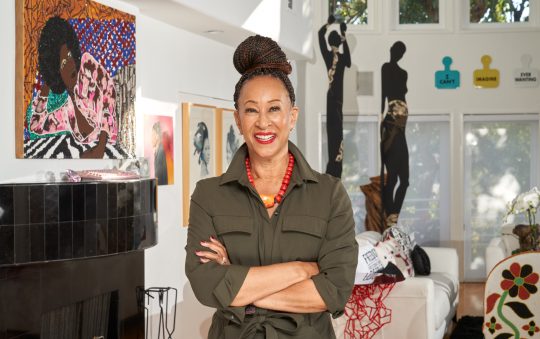
Isaac Murphy (1861-1896) – Isaac Burns Murphy is celebrated as one of the greatest jockeys ever. According to Murphy’s calculation, he won 628 of his 1,212 starts in a career that lasted from 1875 to 1895. In later years, his count number was recalculated, changing his numbers to 530 wins in 1,538 rides, putting his win rate at 34 percent.
Murphy was born in Frankford, Kentucky, in 1861 to his father, a free Black man and bricklayer, and his mother, a laundrywoman. After the death of his father in the Civil War, he moved to Lexington with his mother. She worked at the Richard and Owings Racing Stable, where he would go to work with her.
A Black trainer named Eli Jordon noticed Murphy’s interest in race horses, and began to train him for his first race, when Murphy was only 14-years-old. He won his first race in 1875 at the Lexington Crab Orchard and, a year later, he had won 11 races at Lexington’s Kentucky Association track. The following year, he placed fourth in his first Kentucky Derby race.
Related Stories
Inglewood Football Seniors Commit to Colleges
How Jahmea Bent Fought For Social Justice at UCLA
By 1879, he was a star in the sport with a win at the Travers Stakes in Saratoga Springs. Over the course of his racing career, he received an average salary of close to $20,000 per year. At the time, Murphy was the highest paid athlete in the United States, and he lived in a mansion in Lexington.
The National Museum of Racing and Hall of Fame was created in 1955, and Murphy was the first jockey inducted.

Jack Johnson (1878–1946) – Boxer Jack Johnson was born in Galveston, Texas, in 1878. In 1908, he became the first African American to win the world heavyweight crown when he knocked out the reigning champ, Tommy Burns.
During Johnson’s era, boxing was one of the most popular sports, along with baseball and horse racing. A Black man reigning as champion gave pride to Black people across the nation, and enraged White America. Johnson’s boxing style was patient and defensive in the early rounds, and over the course of the fight he became more aggressive. His style involved him avoiding his opponents punches and then strike with swift counters.
By 1902, he had won at least 50 fights against both White and Black opponents. He won his first title in 1903 when he won the World Colored Heavyweight Championship, but he was unable to become the world heavyweight champion because James J. Jeffries, the White champion, refused to fight him.
At that time period, Black and White boxers fought in competitions, but never for the world heavyweight championship, which was only for White fighters. Johnson did not get his chance at the world heavy weight title until 1908, when he defeated Tommy Burns in Sydney, Australia. Whites in America were so enraged that a Black man held the title that there was a call for a “Great White Hope” to defeat Johnson.
In 1910, former undefeated heavyweight champion Jeffries came out of retirement because he felt obligated to the public to reclaim the title for the White race. The fight took place on July 4, in front of 20,000 people in Reno, Nevada, and was billed as “The Fight of the Century.”
In the 15th round, Jeffries had been knocked down twice, the first knockdowns of his career. His corner men stopped the fight before Johnson could knock him out. Johnson’s victory caused race riots all over the country.

Maggie Alphonsi – Maggie Alphonsi is the face of international women’s rugby and one of the most well-known names in women’s team sports. Despite being born with a club foot, Alphonsi overcame her physical trial to follow her dreams and play rugby. Star of the 2014 France Rugby World Cup, she secured England’s first-place finish, breaking a 20 year-long losing streak.
Her house-hold fame is credited to her World Cup performance, which firmly positioned Alphonsi in the hearts of the nation. Before announcing her international retirement in 2014, she represented her country an impressive 74 times, scored 28 tries, won a World Cup and helped England win a record breaking seven consecutive Six Nations crowns.
Alphonsi has commentated on live rugby matches, and been featured in a diverse array of media outlets, from Stella Magazine, to BBC’s “Children in Need” and “The One Show”.







